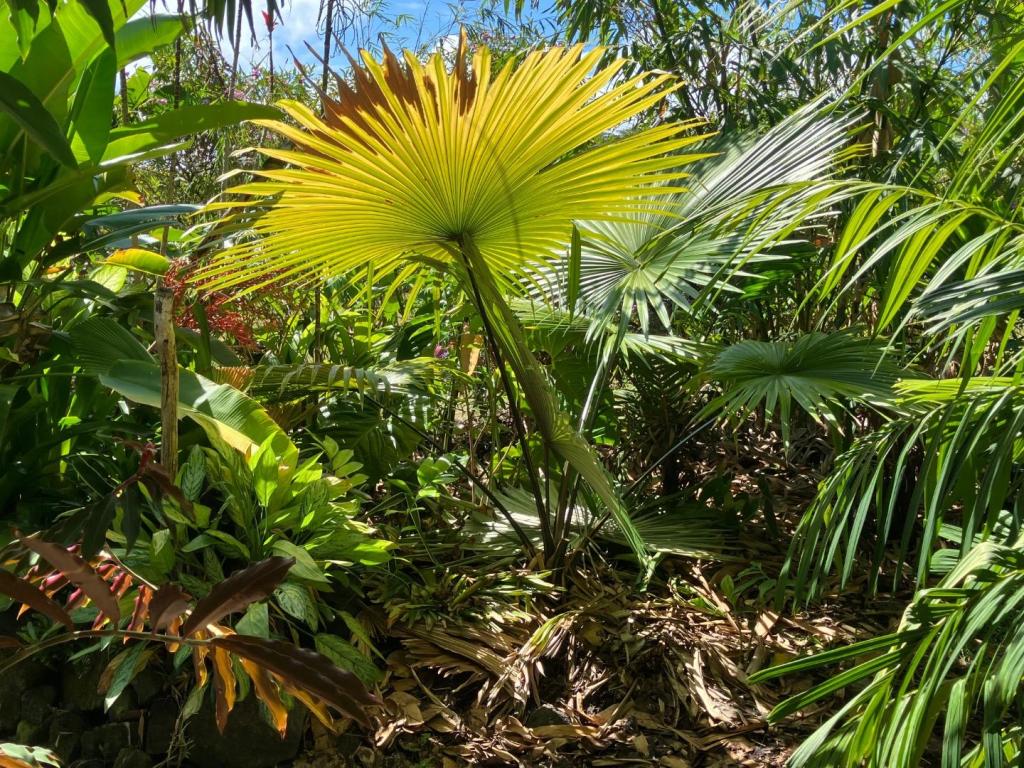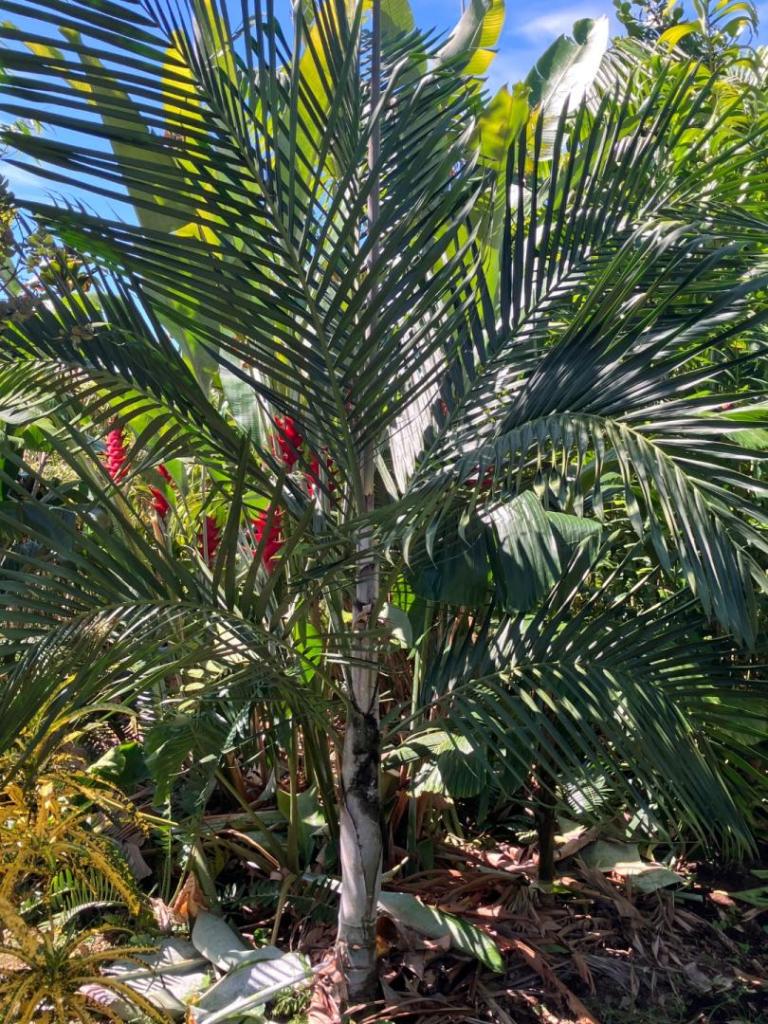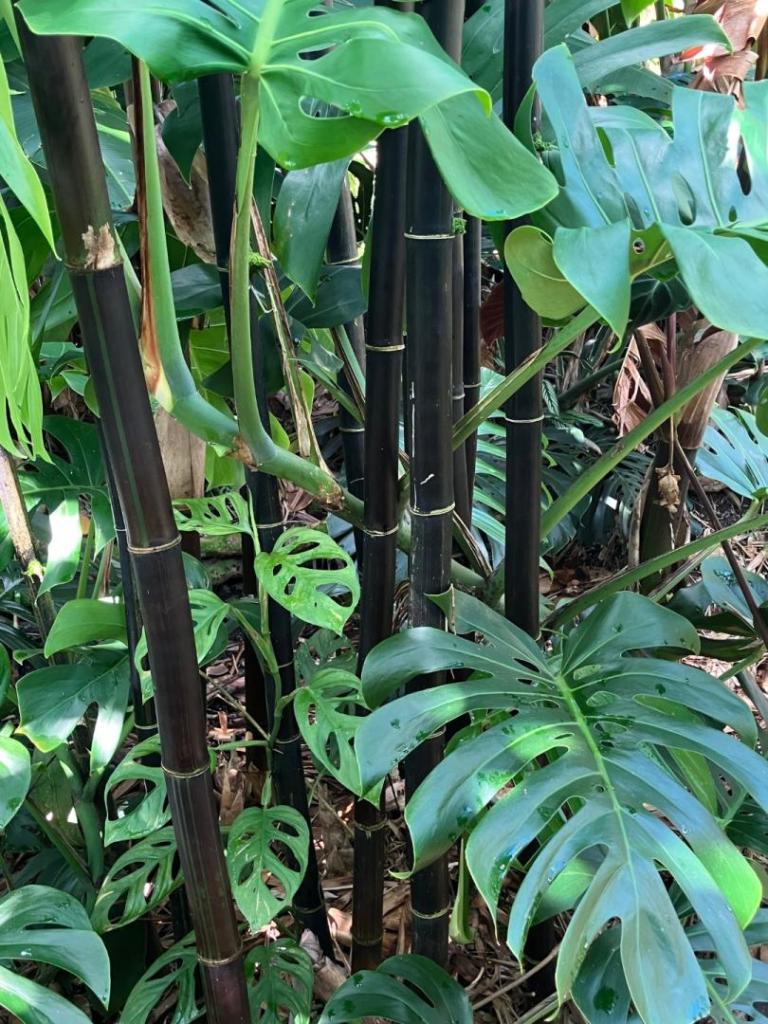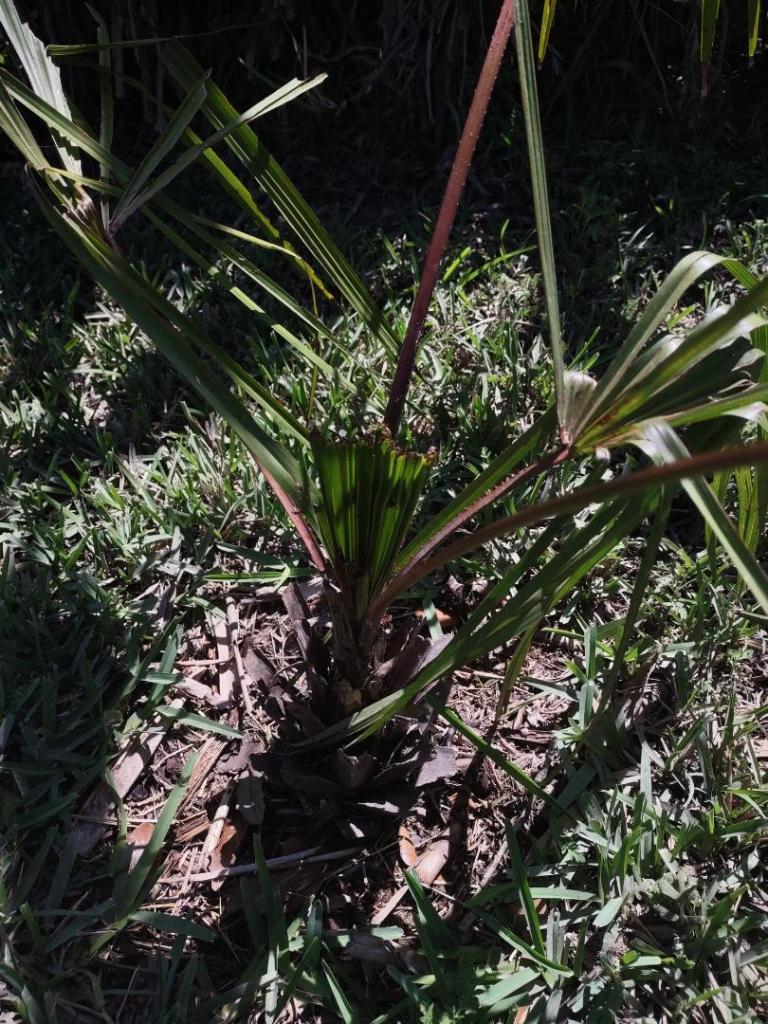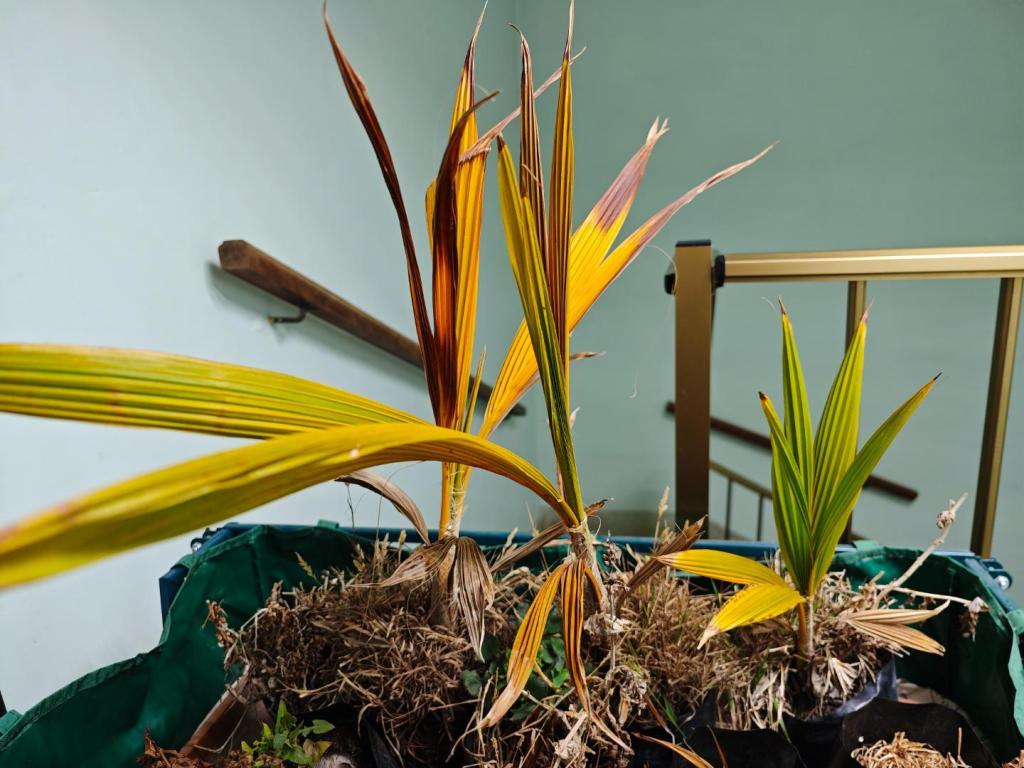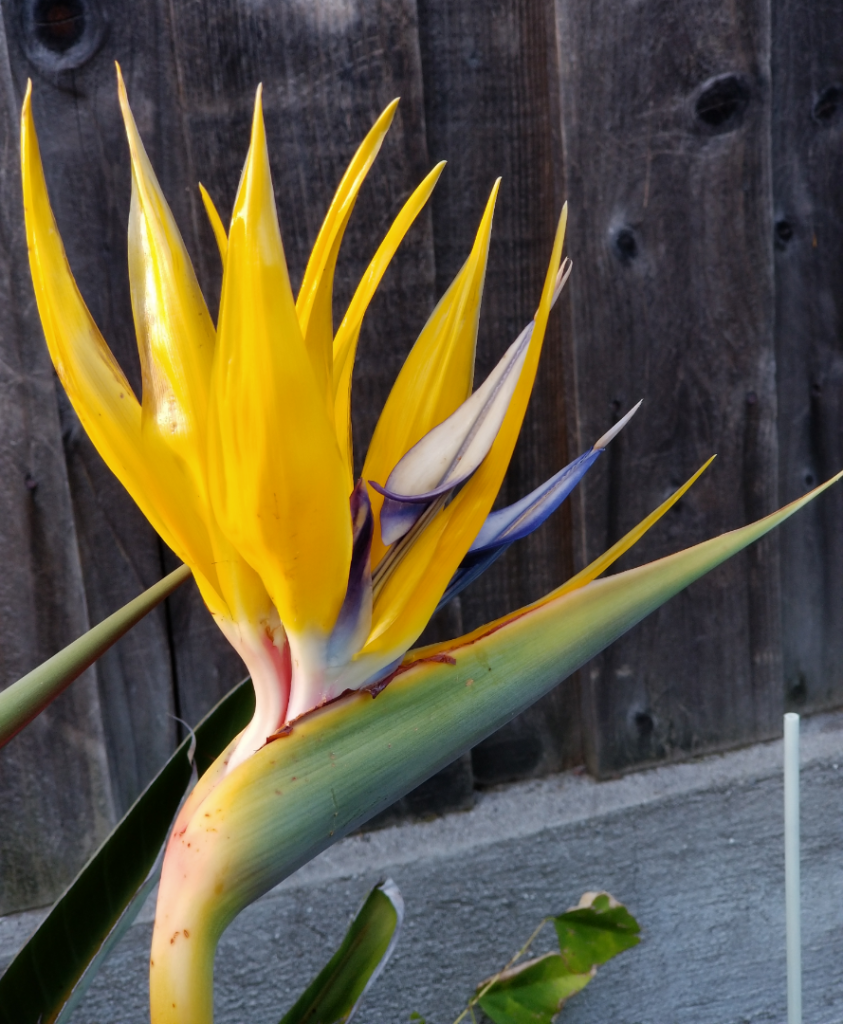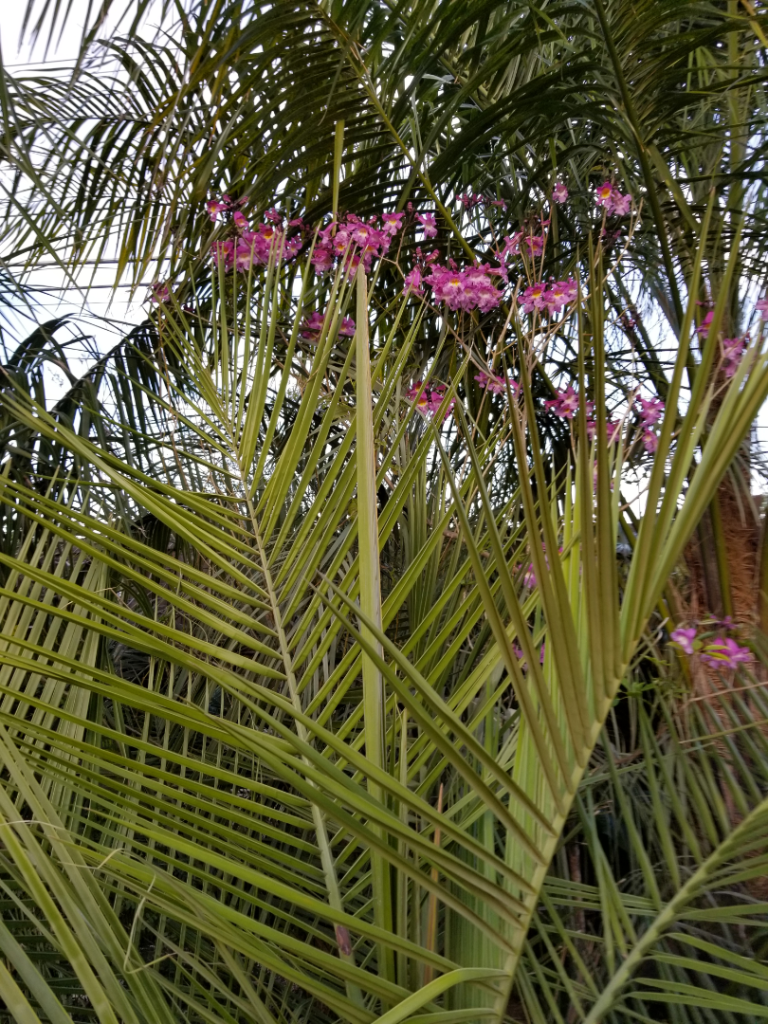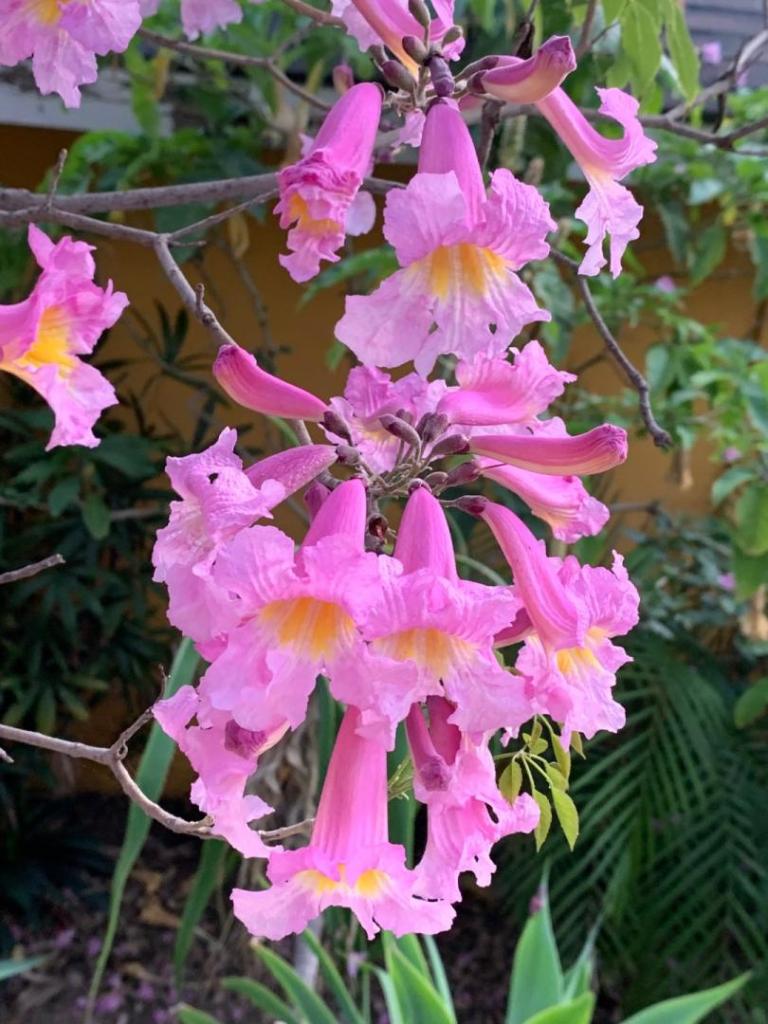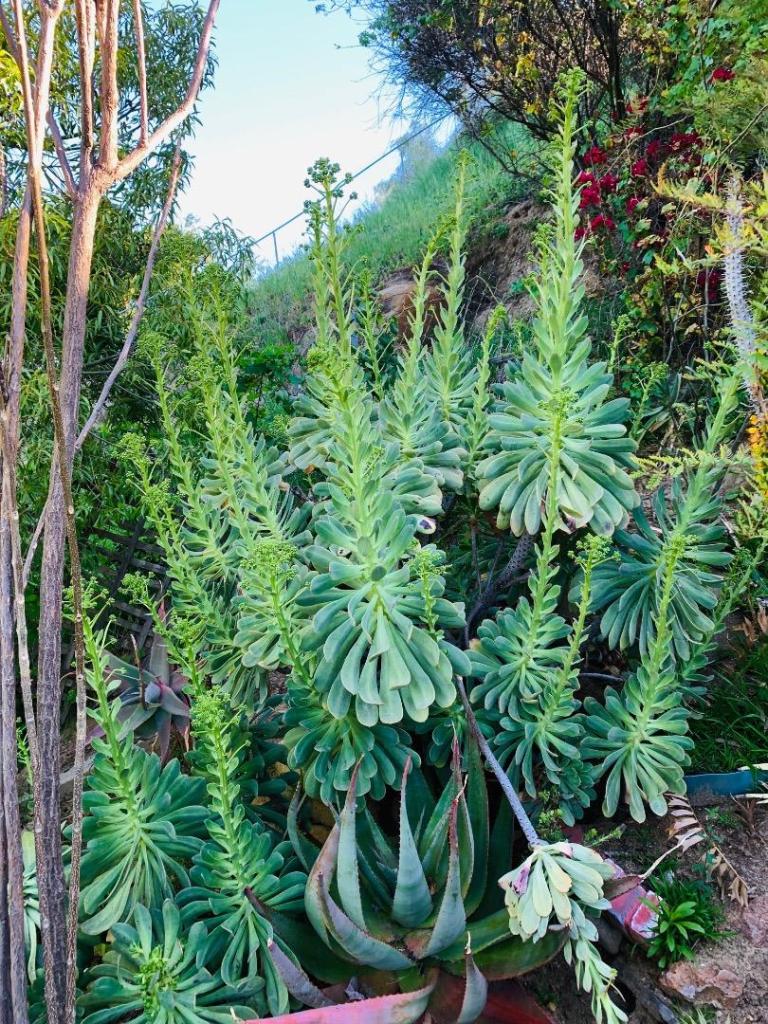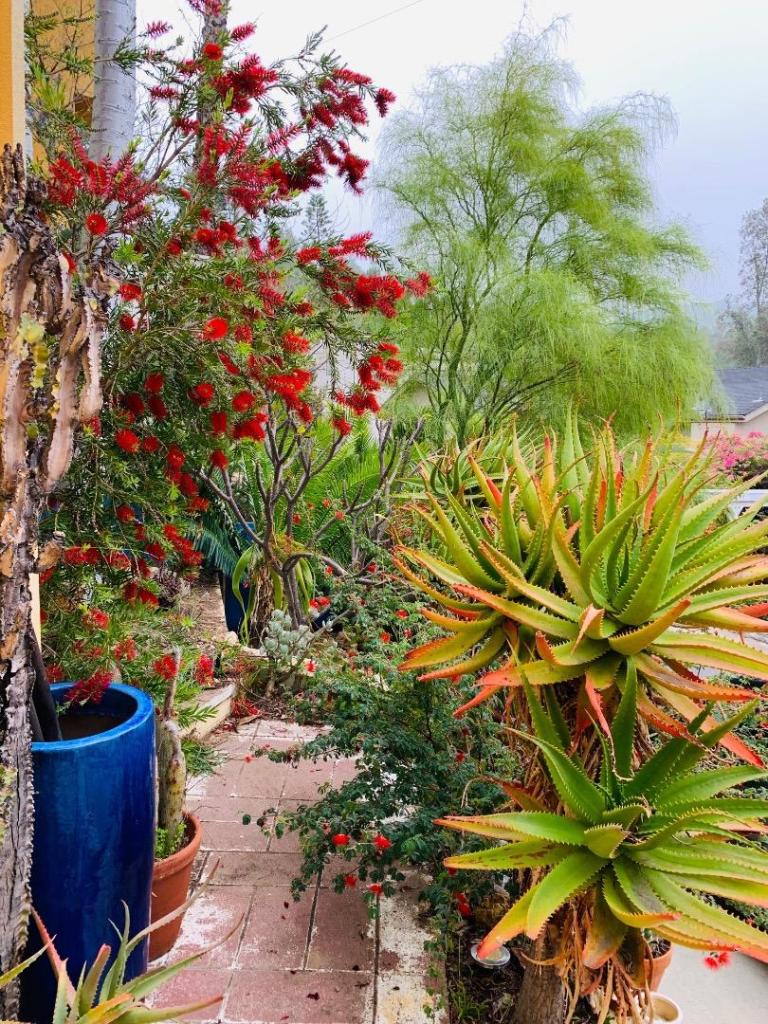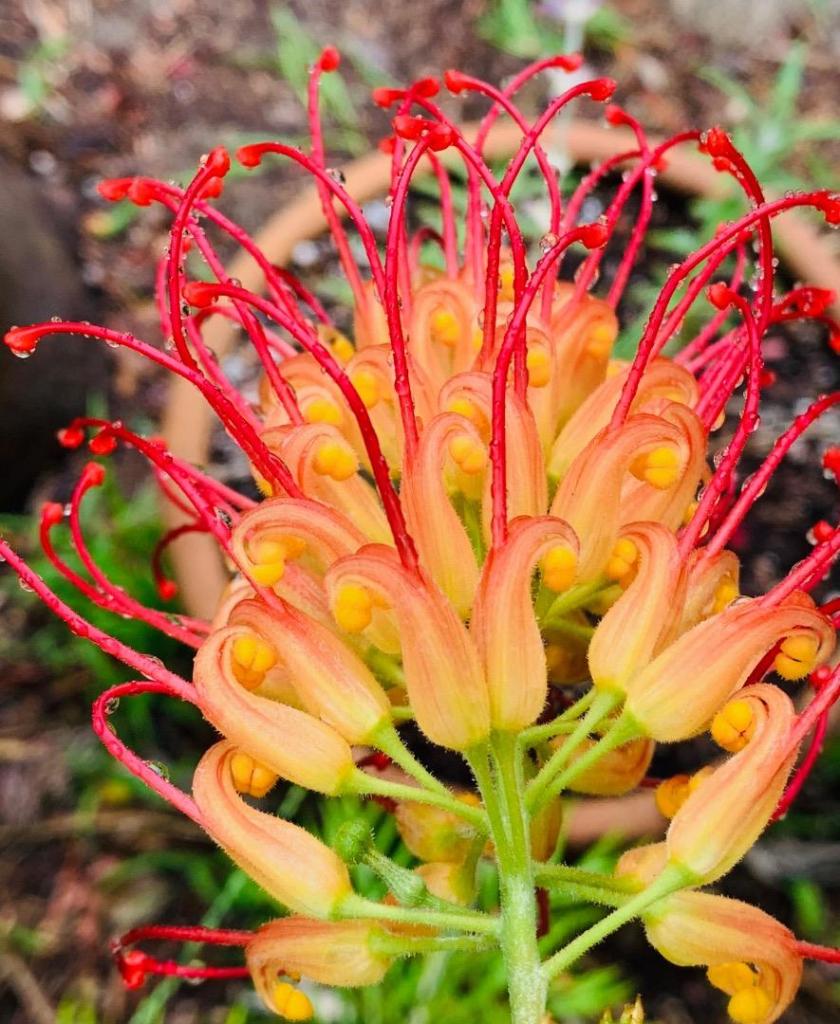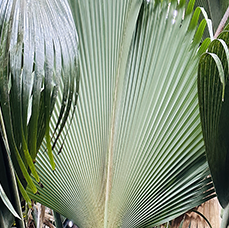All Activity
- Past hour
-
LelandP joined the community
-
Pacsoa annual plant sale itaya amicorum
Brad52 replied to happypalms's topic in DISCUSSING PALM TREES WORLDWIDE
-
So What Caught Your Eye Today?
Brad52 replied to The Gerg's topic in DISCUSSING PALM TREES WORLDWIDE
Been very dry here for weeks, looks like I lost one palm and many show damage such as K elegans but C elegans and Obi Island seem fine. Bambusa lako and friends are crashing the thread as well… -
Queen Palm Planting
Heather Feather replied to Heather Feather's topic in DISCUSSING PALM TREES WORLDWIDE
Thank you Merlyn for the advice and information. I’ll give that a try also! -
-
PalmR00kie joined the community
-
jonsen joined the community
- Today
-
Here's the results - pics from yesterday: Bismarckia started pushing after 6 weeks. The last of the four to begin recovery. Livistona decora started after 2 weeks. Brahea super silver (the winner!) took just 10 days to begin recovery. Mule palm took 4 weeks.
-
Good reasoning but actually the Brahea has been in the ground the longest of the four and it's the slowest grower of the four. Bismarckia isn't very fast for me though - in spite of their performance in Florida. And yes, the Brahea super silver started pushing new growth first! A bit surprising to me since the mule and decora grow much faster for me. The mule started pushing new growth about 3 weeks after treating with hydrogen peroxide then fungicide. Like the others it pushed a deformed fronds followed by a new spear which should emerge normally. Based on previous performance/speed it will look like nothing happened soon and only be set back a single frond.
-
@Heather Feather one easy diagnostic you can do is mark the new spear horizontally with a sharpie against the existing fronds. That way you can see how much it's growing. Typically a new planting may "stall" for a few days to weeks, but should grow at least a couple of inches per week. Make sure that you are watering the existing rootball area. It'll take months for the roots to really grow out into the surrounding soil. Just avoid high pressure sprays at the trunk, as it can eventually cause trunk rot. Appearance-wise it looks like the fronds are about twice as long as "normal" for a sun-grown palm. I'd expect the new ones to open up maybe a bit above fence height, but not the 10-15' length of the current ones. Sometimes palms grown under shade cloth end up with new fronds opening up halfway stuck down inside the old ones. That's not a big problem, it just looks weird for a while until all the fronds open up at "normal" length.
-
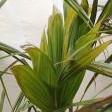
Cocos nucifera (Coconut) in Malta
Maltese coconut project replied to Maltese coconut project's topic in DISCUSSING PALM TREES WORLDWIDE
How Coconut (Cocos nucifera) genetics differ from chill winter resistance potential. Note how the left one from the bigger specimens in first photo is significantly healthier than the one on the right (2 specimens kept 24/7 outdoors). Also note the smaller one on the right side of the second photo which looks significantly greener and healthier despite being kept in same climate conditions (smaller ones are brought indoors at night and brought out in the morning) -
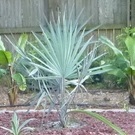
Livistona chinensis leaf with a short stem
Merlyn replied to miamicuse's topic in DISCUSSING PALM TREES WORLDWIDE
@miamicuse I have seen my Bismarck do something kinda similar. It generally opens fronds early in winter, maybe 2/3 the normal petiole length. The fronds look normal and then the petiole gradually grows to more-or-less normal size by summertime. That one seems unusually short though, but otherwise looks fine. It's a bit pale green except for the midrib, I'm guessing that's just because it's new. The older fronds have a little bit of translucent spotting = potassium deficiency, but nothing really significant. Could it be suddenly getting a lot more sun than before? -

Cycad cones and flushes
Peter replied to Urban Rainforest's topic in TROPICAL LOOKING PLANTS - Other Than Palms
This mystery cetatozamia leaf popped out of the ground quite unexpectedly. In fact, it had been underground for so many years that I had completely forgot there was even a plant there, and so long ago that I have no memory of even planting it. I'll move to a more prominent position after it hardens off -
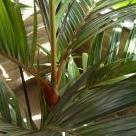
Strelitzia Juncea
Hillizard replied to raimeiken's topic in TROPICAL LOOKING PLANTS - Other Than Palms
Some of my Strelitzias are in bloom (S. juncea and 'Mandela's Gold'), except for my Sterlitzia juncea x reginae yellow hybrid (not pictured), which has unopened buds so far. And here's another shot of my Hydroanthus heptaphylla, with a Jubaea chilensis in the foreground and a mule palm behind it (which is soon to be removed because of proximity to power lines overhead). ☹️ -
Welcome to Palmtalk! Queen palms (Syagrus romanzoffiana) are almost impossible to over water - they love it. Pindos (Butia odorata) aren't as thirsty but they still appreciate it when newly planted. Drip irrigation is a good idea for heavy clay soil.
-

March 1st ...Equals the start ...of Spring, 2025
Peter replied to Silas_Sancona's topic in TROPICAL LOOKING PLANTS - Other Than Palms
-

March 1st ...Equals the start ...of Spring, 2025
Peter replied to Silas_Sancona's topic in TROPICAL LOOKING PLANTS - Other Than Palms
-
That is a fascinating article. Thank you so much Darold for sharing. Andy
-
My pleasure I love searching for palms across the US one of my favorite things to do
- 175 replies
-
- north carolina
- south carolina
-
(and 1 more)
Tagged with:
-
PAPalmtrees started following JLP
-
How close to palm trees can you spray weed killer?
sonoranfans replied to GMann's topic in DISCUSSING PALM TREES WORLDWIDE
I ceased to use this a while back. Its not the primary answer to weeds if you want to maintain the soil quality over the long term. https://www.sciencedirect.com/science/article/pii/S0929139322003948 -

How close to palm trees can you spray weed killer?
Las Palmas Norte replied to GMann's topic in DISCUSSING PALM TREES WORLDWIDE
Personally, I go the non-chemical route. -
Robbertico18 started following Sowing a few seeds lytocarum insigne chamaedoreas benziei
-
Sowing a few seeds lytocarum insigne chamaedoreas benziei
Robbertico18 replied to happypalms's topic in DISCUSSING PALM TREES WORLDWIDE
Does anyone know how cold C.Benzei can tolerate? Cant seem to find too much info on it -

Last effort to grow a Brahea edulis in my garden
Phoenikakias replied to Phoenikakias's topic in DISCUSSING PALM TREES WORLDWIDE
I can handle it, provided I know that a certain plant is or may get in to trouble because of this. Brahea armata on the other hand seems loving alkaline soil, in fact mine had been planted in to a hole with limestone gravel as fill in and it exploded with growth from the very beginning. So I could not consider readily alkalinity as a potential problem for other Brahea spp. -
Hello, I am new to palms and landscaping in general. I live in Katy, Tx and I planted my first palms about 5 months ago. I have young Pindo Palms and Queen Palms. If anyone has watering suggestions for me, please share. I just had a drip system installed. My soil has a lot of clay.
-

How close to palm trees can you spray weed killer?
Merlyn replied to GMann's topic in DISCUSSING PALM TREES WORLDWIDE
@96720 2,4-D is definitely volatile at high temps, but you can spray it directly on palms and it won't affect them. It's only effective against broadleaf plants, so it'll kill most dicots (oaks, etc), cacti, roses, and many (but not all) broadleaf weeds. But it won't affect grasses, bamboo, lilies, bird of paradise, gingers, and related plants. I'm not sure if it affects cycads like Revoluta and others. I've read reports of "2,4-D damage" to cycads but nothing conclusive. There's one weed that it won't kill, it just sorta "hurts" it a little bit for a while. I think it's a type of Oxalis, but I forget the name at the moment. -

Last effort to grow a Brahea edulis in my garden
Darold Petty replied to Phoenikakias's topic in DISCUSSING PALM TREES WORLDWIDE
Both your soil and water pH are problematic,...... https://en.wikipedia.org/wiki/Guadalupe_Island Good luck ! -
Something to keep in mind when planting a CIDP is that they get really big even before a trunk emerges. A CIDP will consume 25 square meters of space easily.
-
what kind of magnolia is this ?
Mazat replied to Mazat's topic in TROPICAL LOOKING PLANTS - Other Than Palms
Thank you very much, Nathan, for your comments, explanations and information. Yes, they are beautiful trees. And so hardy, that's really good. By the way, we have just planted out two more CIDP and hope that they will make it (with protection, of course) Sabine and me are interested to hear what you think



